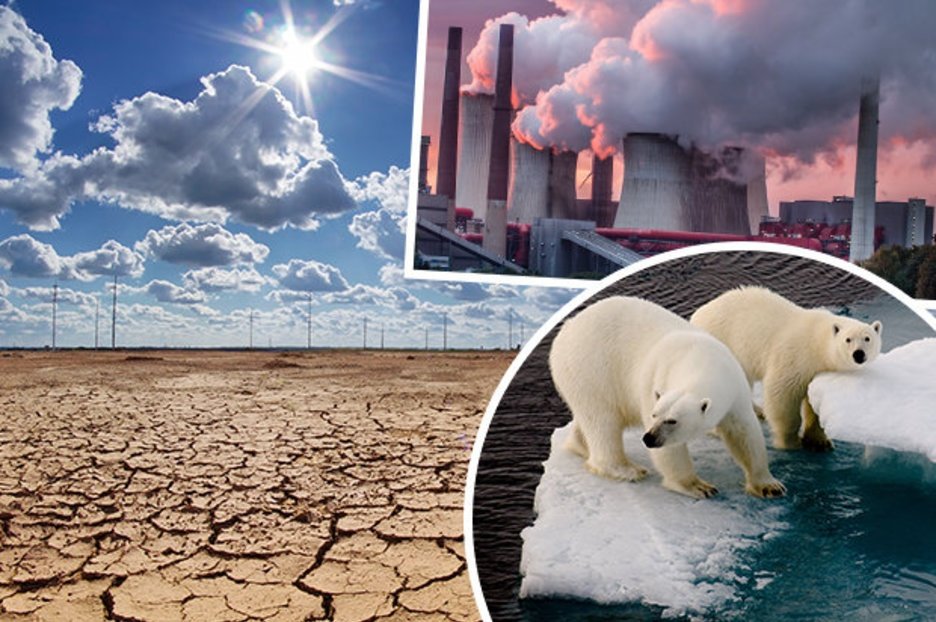Climate change has become one of the most pressing issues of our time, affecting ecosystems, economies, and communities worldwide. As global temperatures rise due to human activities, particularly the burning of fossil fuels, we are witnessing unprecedented changes in weather patterns, sea levels, and natural habitats. The urgency to address this crisis has never been greater, and cities like New York are taking bold steps to combat its effects.
Climate Change Progress: Global and Local Initiatives
While the challenge is immense, significant progress has been made on climate change in recent years. International agreements like the Paris Accord have set ambitious targets for reducing greenhouse gas emissions. However, the real drivers of change are often found at the local level, where cities and communities are implementing innovative solutions to reduce their carbon footprint.
New York City’s Climate Initiatives
New York City has emerged as a leader in climate action, setting an example for other urban centers worldwide. The city’s comprehensive climate strategy includes:
- NY Climate Action Plan: A roadmap for reducing emissions and preparing for climate impacts.
- Green Building Initiatives: Requiring energy-efficient construction and retrofits.
- Renewable Energy Expansion: Investing in solar and wind power projects.
- Sustainable Transportation: Promoting electric vehicles and improving public transit.
These efforts are transforming the climate in New York NY, making it more resilient and sustainable for future generations.
NYC Climate Protests: The Power of Public Engagement
The fight against climate change isn’t just happening in government offices and boardrooms. The streets of New York have become a focal point for NYC climate protests, with citizens demanding more aggressive action to protect the environment. These demonstrations have played a crucial role in:
- Raising public awareness about climate issues
- Pressuring policymakers to enact stronger environmental regulations
- Encouraging businesses to adopt sustainable practices
The energy and passion displayed in these protests reflect the growing concern among New Yorkers about the future of their city and the planet.
Climate Pledge Arena: A Model for Sustainable Venues
While not located in New York, the Climate Pledge Arena in Seattle inspires similar initiatives across the country. This state-of-the-art venue demonstrates how large-scale facilities can operate with a minimal environmental impact. Key features include:
- 100% renewable energy usage
- Zero waste-to-landfill operations
- Rainwater collection for ice-making
New York’s own sports and entertainment venues are taking note, exploring ways to reduce their carbon footprint and educate visitors about climate change.
The Future of Climate in New York NY
As we look to the future, the climate in New York NY will continue to evolve. Projections suggest:
- Increased frequency of heatwaves and extreme weather events
- Rising sea levels threatening coastal areas
- Changes in precipitation patterns affecting water resources
New York is doubling down on its climate commitments to address these challenges. The city aims to:
- Achieve carbon neutrality by 2050
- Protect vulnerable communities through climate-resilient infrastructure
- Expand green spaces and urban forests to mitigate the urban heat island effect
Conclusion: A Call to Action
The battle against climate change is far from over, but the progress made in cities like New York offers hope for a sustainable future. From the halls of power to the streets filled with protesters, New Yorkers demonstrate the collective action needed to address this global crisis.
As individuals, we all have a role in supporting climate change progress. Whether it’s participating in local initiatives, making sustainable lifestyle choices, or advocating for stronger environmental policies, every action counts. The future of New York—and our planet—depends on our commitment to creating a cleaner, greener world for generations to come.








